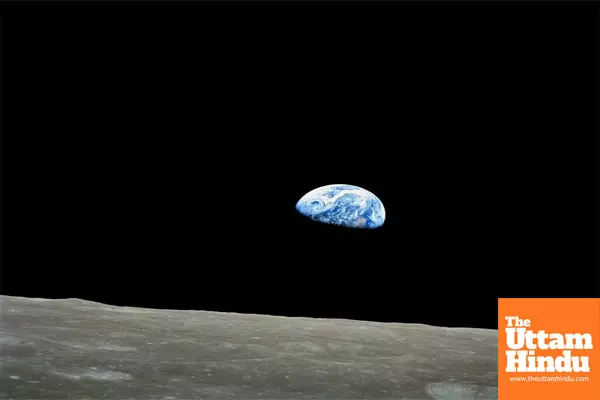
Why asteroid 2024 YR4 is unlikely to hit Earth in 2032 and how scientists monitor it

New Delhi (The Uttam Hindu): The chance of asteroid 2024 YR4 hitting Earth in 2032 has increased slightly, now standing at 2%, although this still means there’s a 98% chance it will safely pass. The odds of a strike will continue to fluctuate as astronomers gather more data. NASA and the European Space Agency’s Webb Space Telescope are set to observe the asteroid in March, with further insights expected in 2028. Asteroids, remnants of the solar system's formation 4.6 billion years ago, orbit the sun and are smaller than planets. The main asteroid belt, located between Mars and Jupiter, contains millions of asteroids. Occasionally, they are pushed out of this region, such as 2024 YR4. The asteroid was discovered in December by a telescope in Chile. Its size is estimated between 130 feet and 300 feet (40 meters to 90 meters). NASA and the European Space Agency initially put the odds of a strike at just over 1%, but it increased to 2% by Thursday. NASA maintains that the risk remains "extremely low," and once more observations are made, the probability may drop to zero. Larry Denneau, senior software engineer with the University of Hawaii’s asteroid impact alert system, reassured the public, saying, "You don’t have to be worried about anything. It’s a curiosity." The asteroid's behavior follows expectations, and experts predict the impact probability will decrease as more data is gathered.
In 2021, NASA dismissed concerns over asteroid Apophis, after new observations ruled out any chance of it hitting Earth in 2068. As for asteroid 2024 YR4, experts stress it’s far too early to worry.
Paul Chodas, director of NASA’s Center for Near-Earth Object Studies, emphasized that the rising impact probability is expected behavior. The asteroid’s size and orbit remain uncertain, and while a potential impact could resemble the 1908 Tunguska event in Siberia, if the asteroid is on the larger side, the consequences would be far more severe. Once Webb provides precise measurements, NASA will have a better understanding of how serious the impact could be and whether deflection is feasible. In 2022, NASA conducted a planetary defense test by crashing its DART spacecraft into an asteroid, altering its orbit. The experiment demonstrated the space agency's ability to deflect an asteroid, which could be crucial if the need arises in the future.

